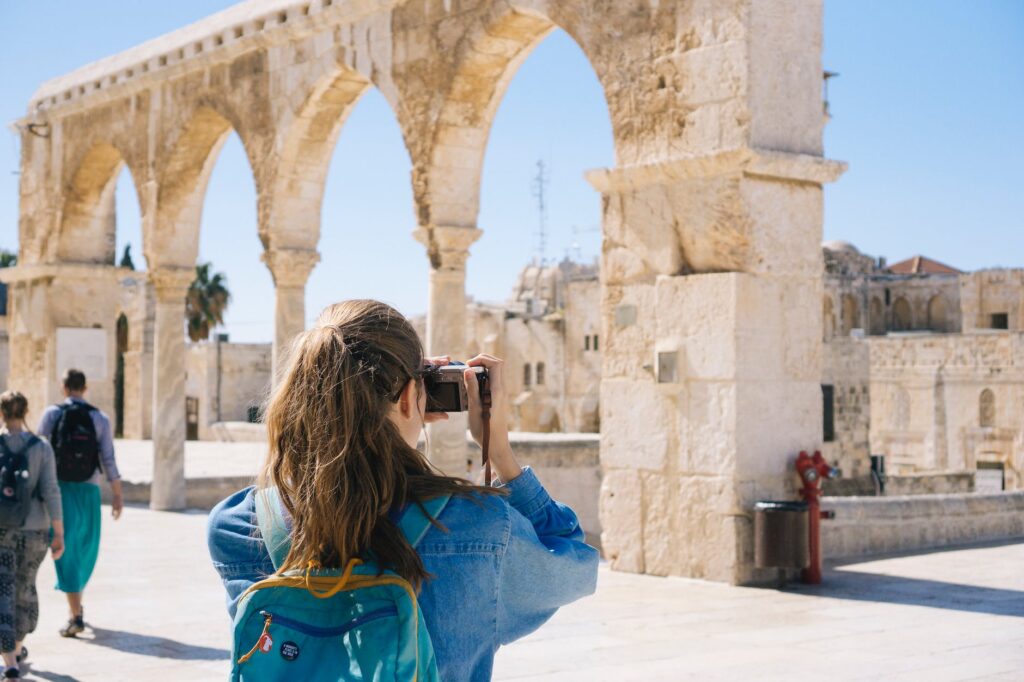LOCAL PREPAREDNESS AND SAFETY
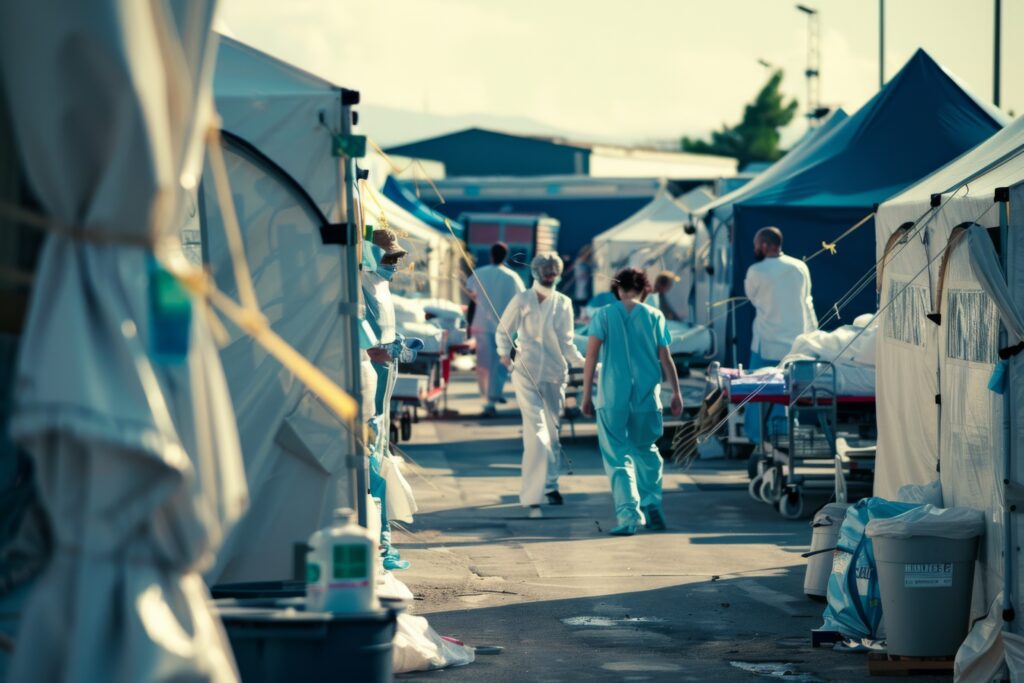
We prepare for
community emergencies
The Health Department assesses community vulnerabilities and plans for, responds to, and helps our counties recover from disasters that have the potential to affect the health of people. The types of emergencies that the health department prepares for and responds to include natural disasters, man-made accidents, disease epidemics or pandemics, or acts of terrorism involving chemical, biological, or radiological devices.
In the event of an emergency, you may see health department staff providing the following services to the community:
Shelters
The health department environmental health staff and epidemiologists work with the American Red Cross to operate local shelters when needed.
Nursing Staff
The health department coordinates the deployment of nursing staff to different areas of the state when called upon.
Health Testing, Medication Dispensing, and Vaccination Sites
In the event of an outbreak or other health-related emergency, the health department operates Point of Dispensing Sites known as PODS to ensure individuals affected by a health-related emergency are quickly identified, treated, or offered immunizations.
How we prepare for emergencies
GNR Public Health staff receive ongoing training to ensure the health and wellness of the community in the event of a disaster, including exercises that simulate potential health-related emergencies.
Our health department works closely with local, state and federal partners such as Centers for Disease Control and Prevention (CDC), Federal Emergency Management Association (FEMA), Georgia Emergency Management Association (GEMA), State of Georgia Department of Public Health, local hospitals, Fire, Emergency Management Services (EMS), police, local hospitals, and volunteer groups such as the Medical Reserve Corps.
In addition, the department works with hospitals to develop contingency plans for when emergencies create more patients that they can treat and develop plans to provide large-scale vaccination operations, like we provided during the COVID-19 pandemic, emergency shelter operations, and ongoing community education.
Are you ready for an emergency?
Click on an icon to learn more about what steps to take if any of these disasters strike.
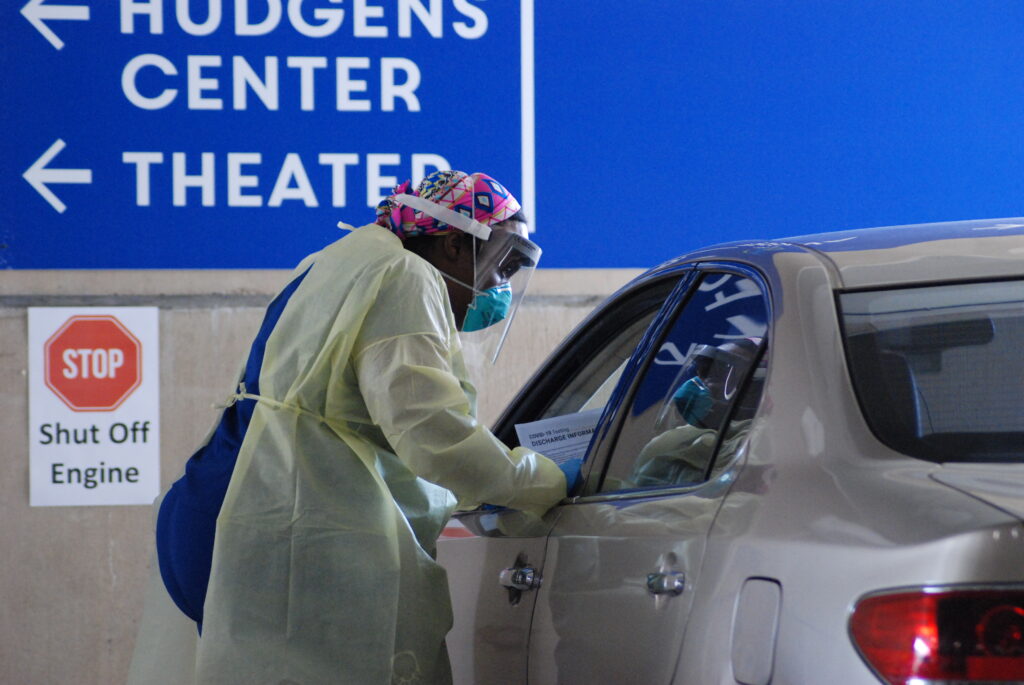
Start preparing for unexpected event today
Visit ready.gov to learn the steps you need to take to ensure that you and your loved ones are prepared when disaster strikes.
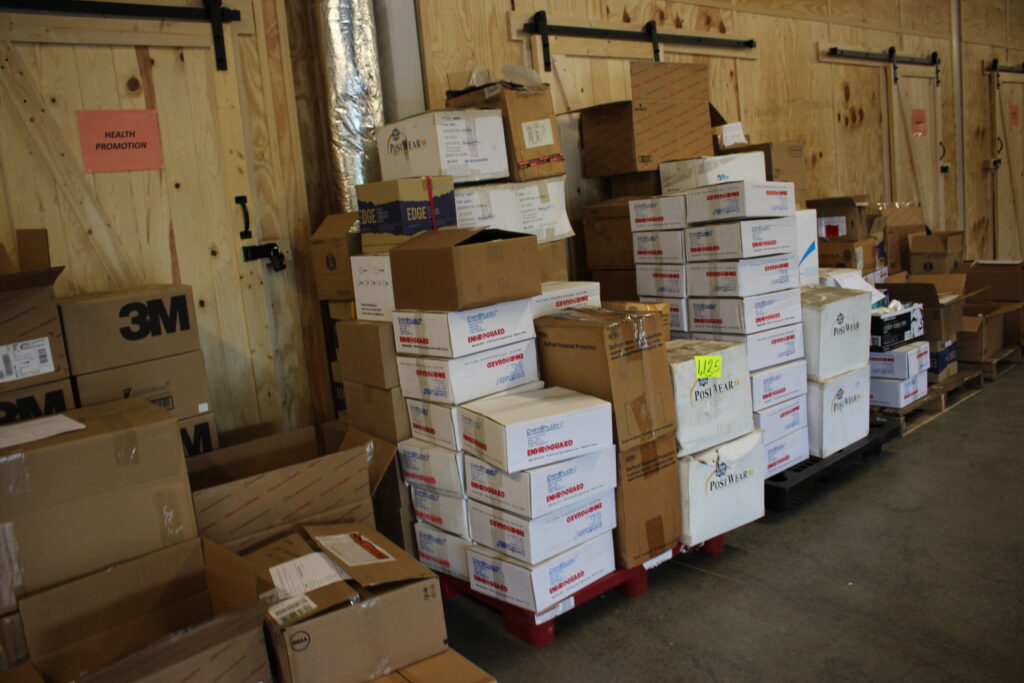
Emergency Kits, not just for preppers
Every person should have an emergency kit in their home and car. Learn what items you’ll need to ensure your well-being.

Volunteer for MRC-GEM
The MRC of Gwinnett Emergency Management is a volunteer organization that trains medical and non-medical volunteers to participate in emergency responses. Once trained, members of MRC-GEM will be contacted to support GNR Public Health in the event of an emergency.

We are part of Region-D Healthcare Coalition
GNR Public Health is part of a network of healthcare organizations, providers and regional partners committed to strengthening our healthcare system to ensure that it will be best prepared to respond during times of need. Region-D covers eight metro-Atlanta counties: Clayton, DeKalb, Fayette, Forsyth, Fulton, Gwinnett, Newton, and Rockdale.
UPCOMING TRAINING EVENTS
EMERGENCY PREPAREDNESS IN ACTION
During the COVID-19 pandemic, GNR Public Health provided emergency public health services for 957 days. Check out the timeline for our response.
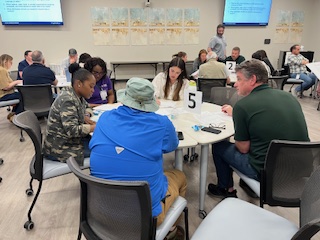
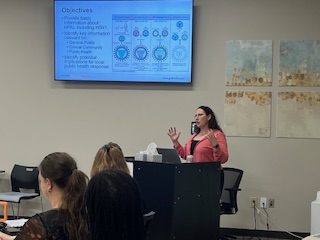
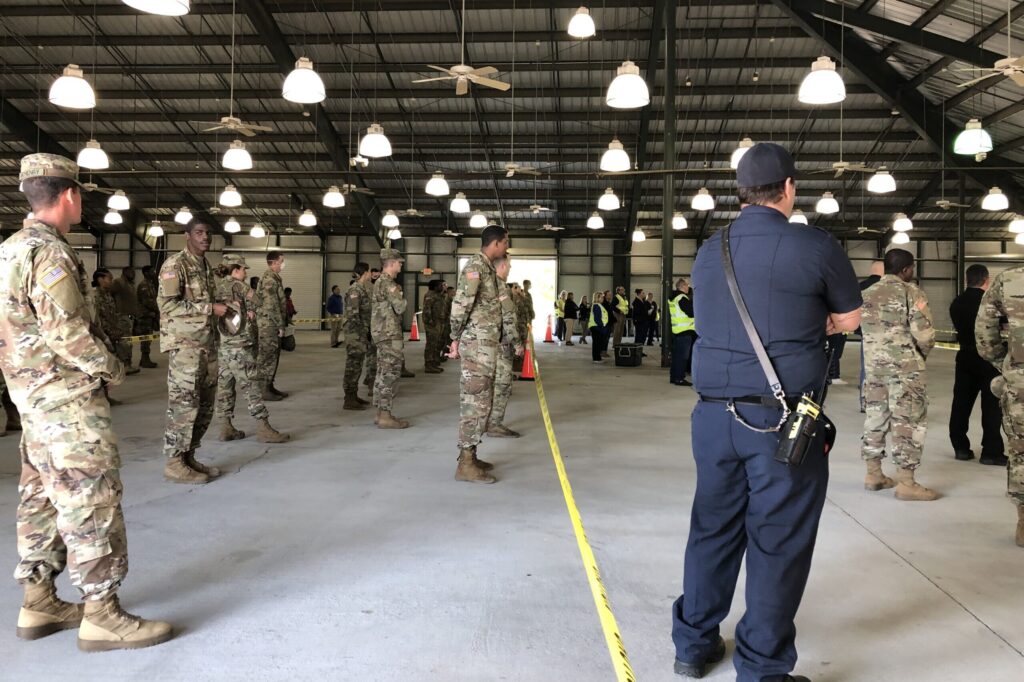
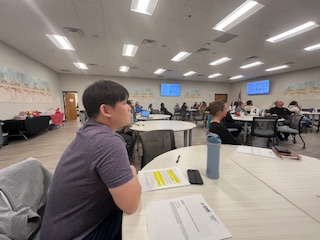
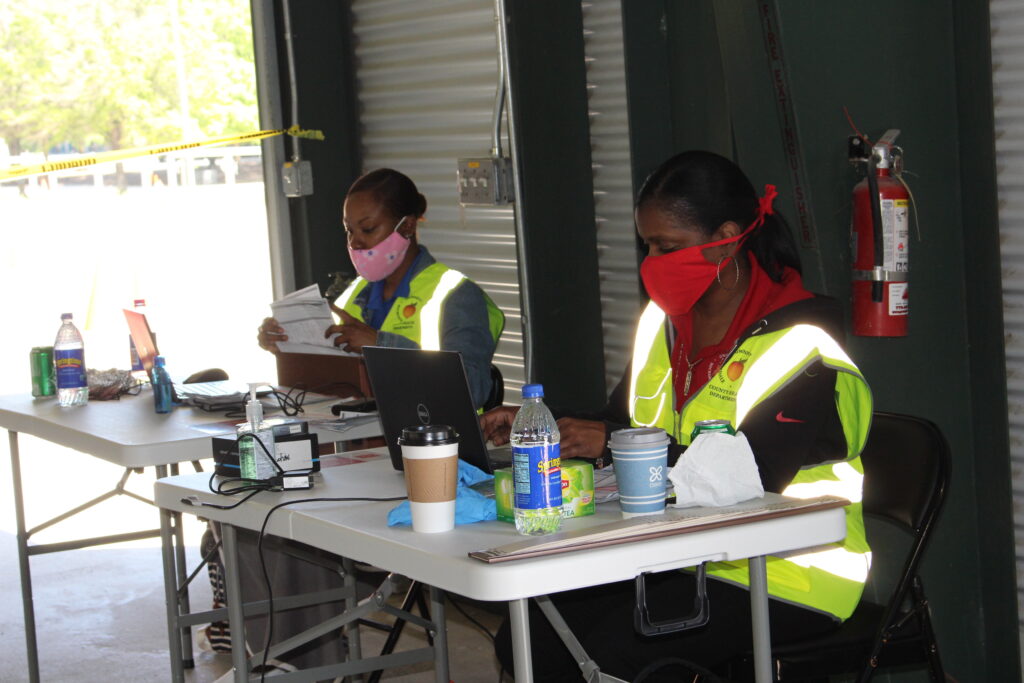
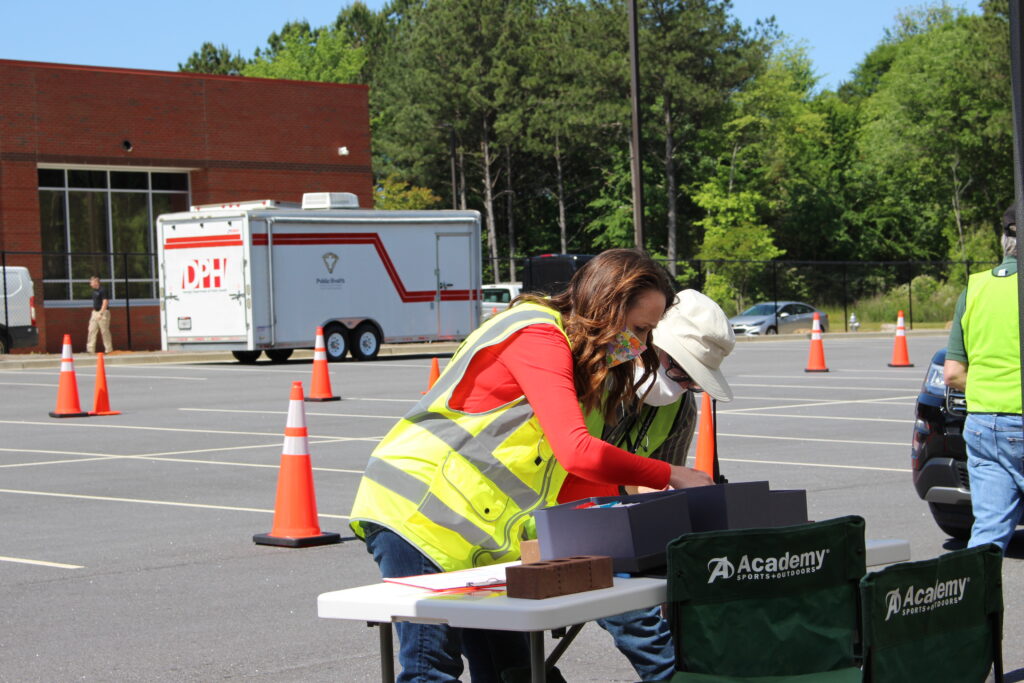

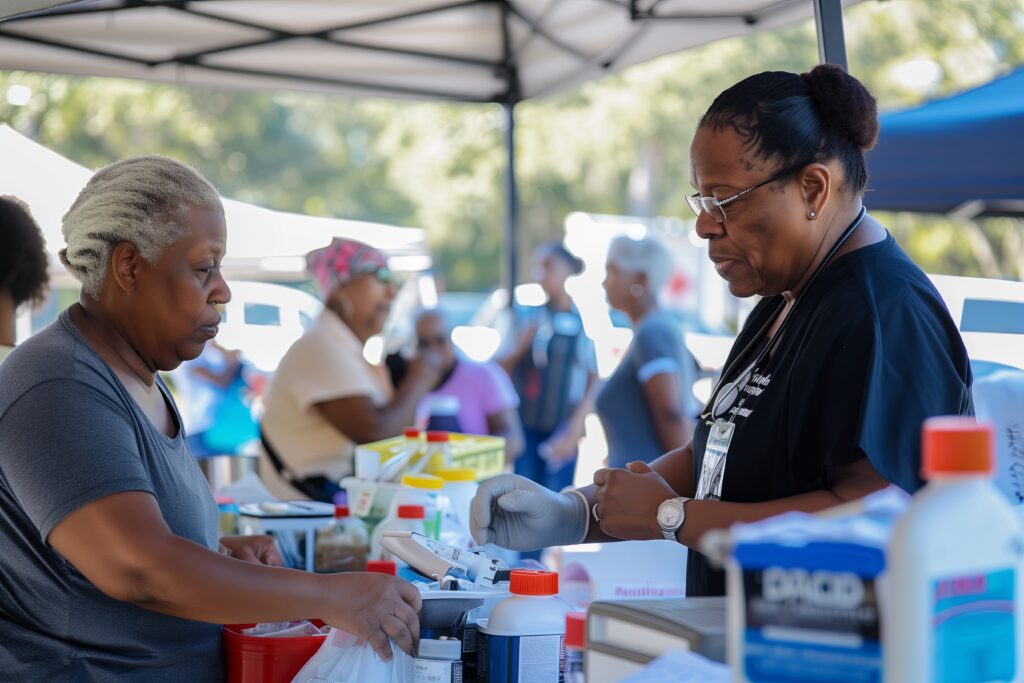
Helpful Links
